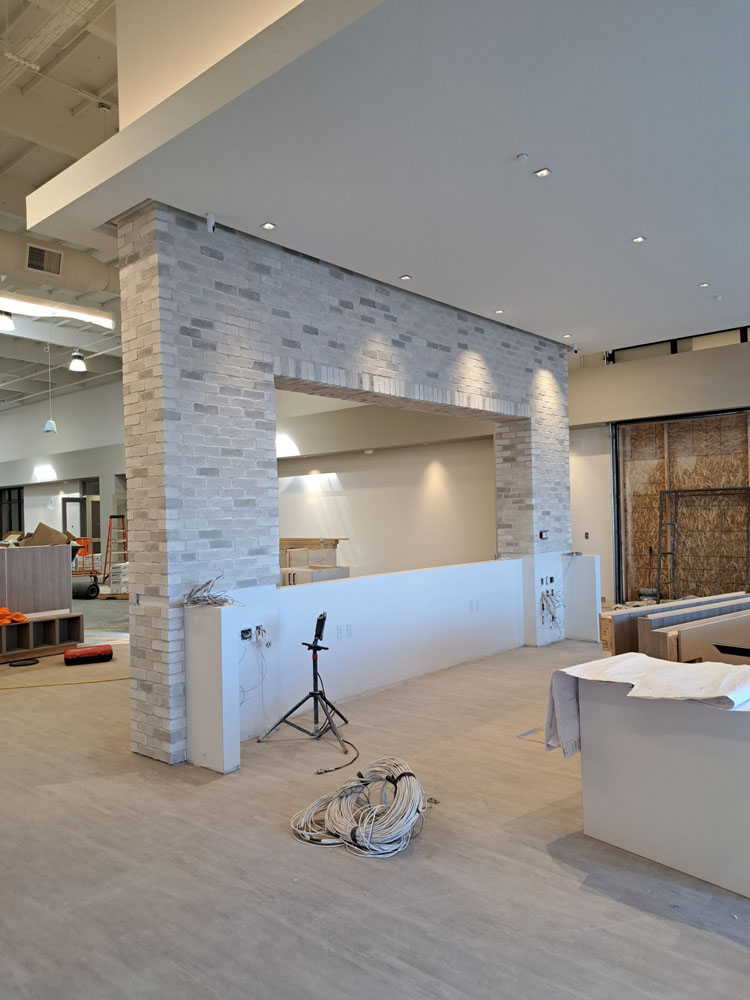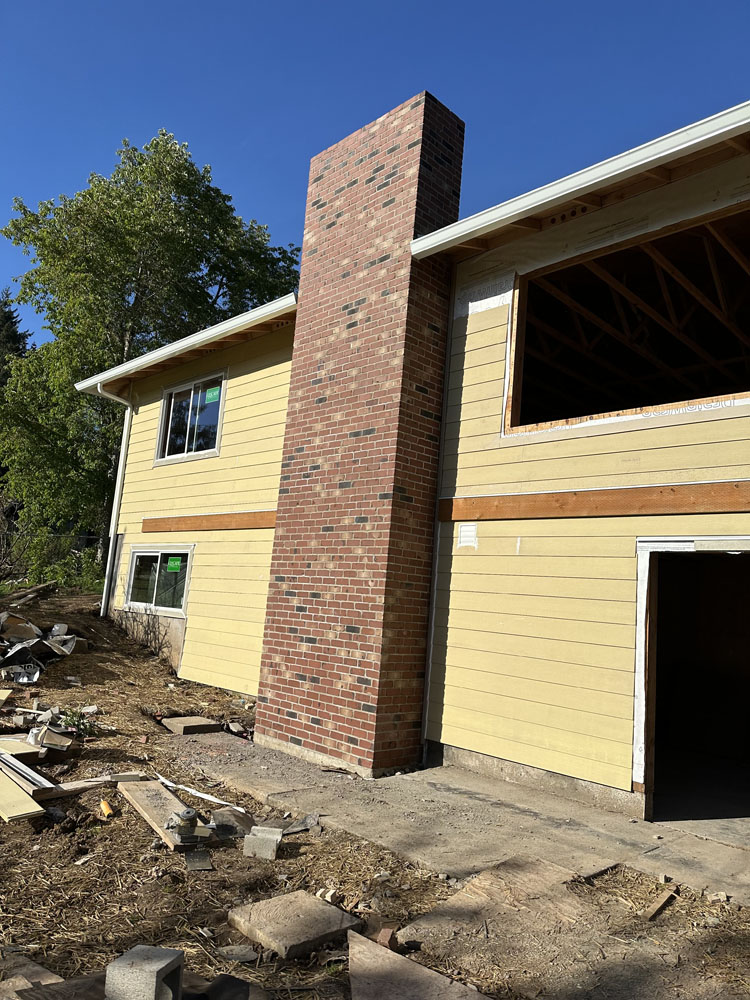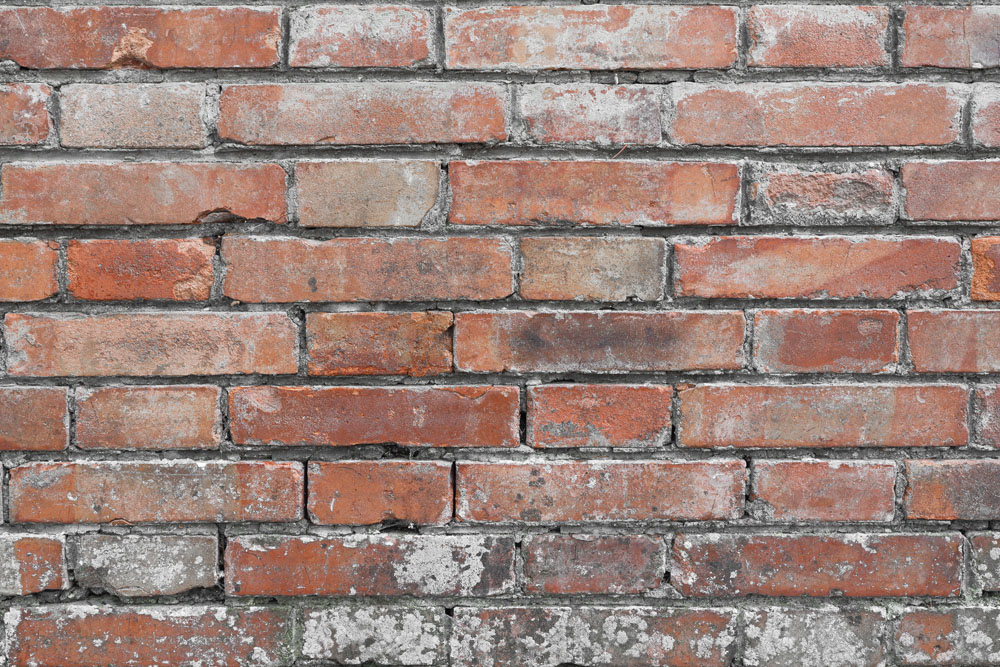Introduction
When it comes to enhancing your outdoor space, the choice of materials can significantly affect both aesthetics and functionality. One material that stands out in this regard is natural stone. Not only does it provide an elegant touch to any landscape, but it also boasts durability and sustainability. In this article, we will delve into the myriad reasons why choosing natural stone for your masonry walkway is a decision worth considering. We will cover everything from design versatility to environmental implications, ensuring you have all the information you need to make an informed choice.
Why Choose Natural Stone for Your Masonry Walkway?
Natural stone is often regarded as a premium choice for masonry walkways. So why should you consider it?
1. Aesthetic Appeal
Natural stone offers stunning visual diversity that synthetic materials simply can't replicate. Whether you prefer the rugged charm of slate or the sleek elegance of polished granite, there’s a type of natural stone to match every style and preference.
2. Durability and Longevity
One major benefit of using natural stone is its remarkable durability. Unlike concrete or asphalt, which can crack or degrade over time, natural stones are inherently resistant to wear and tear.
3. Environmental Sustainability
Natural stone is a sustainable building material that requires minimal processing compared to manufactured alternatives. This means less energy consumption and fewer emissions during production.
4. Low Maintenance Requirements
With proper sealing and care, natural stone can last for decades with minimal maintenance. Periodic cleaning and resealing are usually all that's needed to keep it looking fresh.
5. Versatile Applications
From patios to garden paths, natural stone can be utilized in various applications beyond just walkways, adding flexibility to your landscaping projects.
6. Increased Property Value
Investing in a natural stone masonry walkway not only enhances curb appeal but also increases property value—an attractive feature for potential buyers.
Types of Natural Stones for Masonry Walkways
When selecting natural stone for your masonry walkway, understanding the different types available can help you make an informed decision.
1. Granite
Granite is one of the most durable options available, making it ideal for high-traffic areas. Its resistance to weathering ensures that it'll stand the test of time without losing its beauty.
2. Slate
Slate offers unique textures and colors, providing a rustic charm that works well in garden landscapes or traditional homes.
3. Limestone
Limestone has a softer appearance and feels warm underfoot, making it appealing for residential settings where comfort matters.
4. Sandstone
Known for its layered look, sandstone provides excellent slip resistance—a significant factor when considering safety in walkways.

5. Marble
While more expensive than other options, marble offers unparalleled elegance and sophistication if budget permits.
The Installation Process: What To Expect?
Installing a masonry walkway with natural stones involves several steps:
Planning: Determine the layout and size. Excavation: Clear out existing soil or grass. Base Material: Add gravel or sand as a base layer. Stone Placement: Arrange stones according to your design. Sealing: Apply sealant to protect against stains. Finishing Touches: Fill gaps with sand or mortar as needed.By understanding these steps ahead of time, you'll be better prepared for your project!
Cost Considerations For Natural Stone Masonry Walkways
Many homeowners find themselves wondering about costs associated with installing a masonry walkway using natural stones versus other materials like concrete or pavers.
| Material Type | Average Cost per Square Foot | |---------------|-------------------------------| | Natural Stone | $15 - $30 | | Concrete | $7 - $15 | | Pavers | $10 - $20 |
While initial costs may be higher for natural stone, remember that you're investing in longevity and aesthetics!
Benefits Over Synthetic Materials
Why go with natural stone instead of concrete or pavers?
- Aesthetic Harmony: Natural stones blend seamlessly with existing landscapes. Unique Characteristics: Every piece has unique patterns and textures. Temperature Regulation: Natural stones tend not to heat up as much as synthetic options under direct sunlight.
FAQs About Choosing Natural Stone for Your Masonry Walkway
1. Can I install a natural stone walkway myself?
Absolutely! However, unless you're experienced with masonry work, hiring Find more information professionals may save time and ensure quality installation.
2. How do I maintain my natural stone walkway?
Regular cleaning using a mild detergent followed by resealing every few years will keep your walkway looking pristine!
3. Will my pets damage the walkway?
Generally speaking, pets shouldn't pose any significant threat; however, sharp edges on certain types of stones could cause injury if not handled properly during installation.
4. Is there any risk of slipping on these surfaces?
Some types of natural stones (like sandstone) offer better traction than others; thus ensuring you choose suitable options can mitigate this concern significantly!
5. How long will my natural stone walkway last?
With chimney repair proper care and maintenance, many types can last anywhere from 30 years up to over 100 years!
6. What should I avoid when choosing stones?
Avoid porous stones if you're concerned about staining; they absorb moisture more readily than non-porous varieties!


Conclusion
Choosing natural stone for your masonry walkway presents numerous benefits ranging from aesthetic appeal and durability to low maintenance requirements and environmental sustainability—all contributing towards increased property value! With diverse options like granite, slate, limestone, sandstone—and even marble—you’re likely to find something perfect suited to enhance your outdoor environment beautifully! So why wait? Transform your outdoor space today by opting for stunningly beautiful yet resilient designs that only nature can offer!